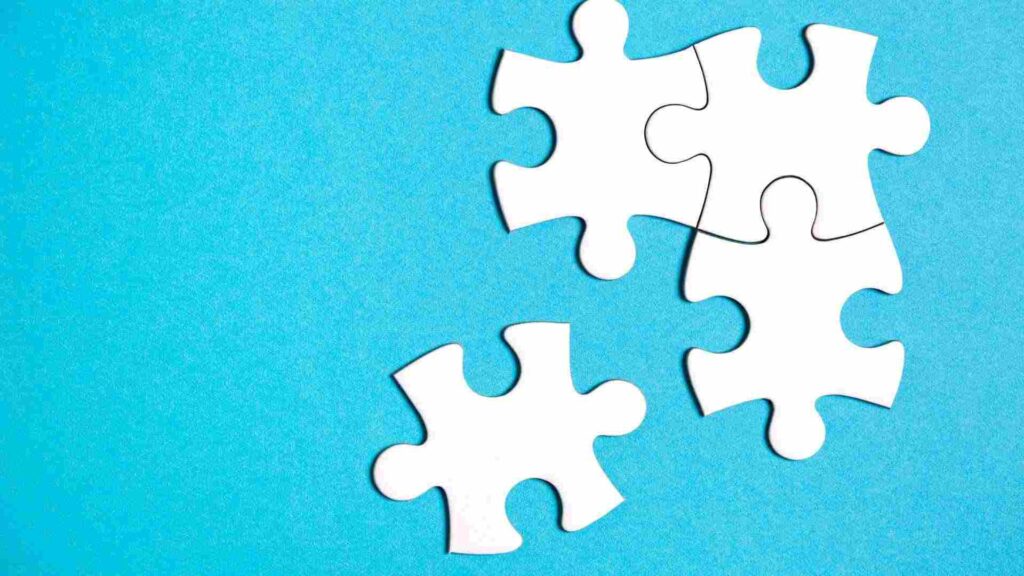Discover comprehensive information for all aspects of sexual health and find resources and guidance to empower your sexual well-being.
Painful erections never indicate normalcy, and sometimes signal a medical emergency. Severe pain may necessitate…
Discover comprehensive information for all aspects of sexual health and find resources and guidance to empower your sexual well-being.
Painful erections never indicate normalcy, and sometimes signal a medical emergency. Severe pain may necessitate…
Achieving and maintaining a strong penile erection is a common concern for many men. It…
The International Society for the Study of Women’s Sexual Health describes Hypoactive sexual desire disorder…
Erectile dysfunction (ED) means having trouble getting or keeping an erection that’s good enough for…
Erectile dysfunction (ED) is a condition that many men face at some point in their…
The underlying cause as well as the severity of pain determine the varied treatment approaches…
Commitment issues can often manifest in romantic relationships, work, and other personal or professional spheres.…
Existential isolation dawns when the awareness hits that you are fundamentally alone, truly and ultimately.
You get this when everything stops being distracting, though not everyone feels it because there are many distractions nowadays. It’s understanding that you’re stuck in your own body, and even with people around, you started life alone and will end it alone.
Table of Contents
Toggle
Irvin Yalom (1980) propelled existential psychotherapy to the forefront of modern approaches in addressing human existential concerns.
He elucidated the four fundamental human existential concerns, often termed “the ultimate concerns of human existence.” These include:
Acknowledging the inevitability of death as the ultimate limitation.
Embracing the responsibility and freedom to shape our lives, making us the sole authors and leaving us accountable for our destiny.
Recognizing our inherent aloneness, from birth to death.
Grappling with the fear of leading a life without inherent meaning, emphasizing our sole responsibility for creating and experiencing meaning in our lives.
Related: Existential Frustration and Existential Vacuum
In his classic book “Existential Psychotherapy” (1980), Irvin Yalom explored the concept of existential isolation, breaking it down into interpersonal and intrapersonal isolation.

Interpersonal Isolation relates to being alone physically or feeling excluded, lacking meaningful relationships, positive interactions, or enduring connections.
For instance, even a person working as a barista, surrounded by many customers, might feel lonely without genuine social connections. Interpersonal isolation can be objective, like a long period of solitary confinement in prison, or subjective, as experienced by the barista.
Related: Emotional Loneliness

Intrapersonal isolation occurs when individuals feel disconnected from parts of themselves, struggling with decision-making, and identifying preferences, attitudes, or opinions. It can also manifest when individuals face surprises in their preferences or habits they find hard to control.
Yalom explained existential isolation as an “unbridgeable gulf” between oneself and others, emphasizing the separation between an individual and the world.
No one else can fully grasp your subjective experiences, whether it’s gazing at the sky, embracing your children, or navigating the complexities of daily life. Each person’s subjective experiences are unique, making everyone existentially isolated, whether they feel it subjectively or not.

William Breitbart in his paper on Existential Isolation, questioned the term and used a contrasting term “Existential Uniqueness”. The term describes the beauty of the uniqueness of each of our lives as opposed to the despair of isolation.
Ignoring, avoiding, or distracting yourself from existential isolation is harmful to you and your relationships.
To love in the best way, you must acknowledge and understand your isolation. Connect with others not just for what they offer, but for who they are.

Facing existential isolation involves moving beyond the “need” for another person and instead, mutually enhancing each other’s lives by truly “being” with one another.
To sum it up, a quote from Bruber in Yalom’s book captures the essence of facing your isolation: “A great relationship breaks through the walls of loneliness, overcomes its rules, and builds a bridge from oneself to another across the fear of the universe.”
Existential isolation is the deep awareness of an inherent gap between oneself and others. It includes feeling alone in relationships (interpersonal isolation) or disconnected from parts of oneself (intrapersonal isolation). Emphasized by Irvin Yalom, it highlights the importance of acknowledging and appreciating the uniqueness of individual experiences to foster genuine connections.
References
Dr. Nishtha, a medical doctor holding both an MBBS and an MD in Biochemistry, possesses a profound passion for nutrition and wellness. Her personal journey, marked by significant struggles with physical and mental health, has endowed her with a unique empathy and insight into the challenges countless individuals face. Driven by her own experiences, she leverages her background to offer practical, evidence-backed guidance, empowering others on their paths to achieving holistic well-being. Dr. Nishtha truly believes in the interconnectedness of the mind and body. She emphasizes the significance of understanding this connection as a crucial stride toward attaining balance and happiness in life.

